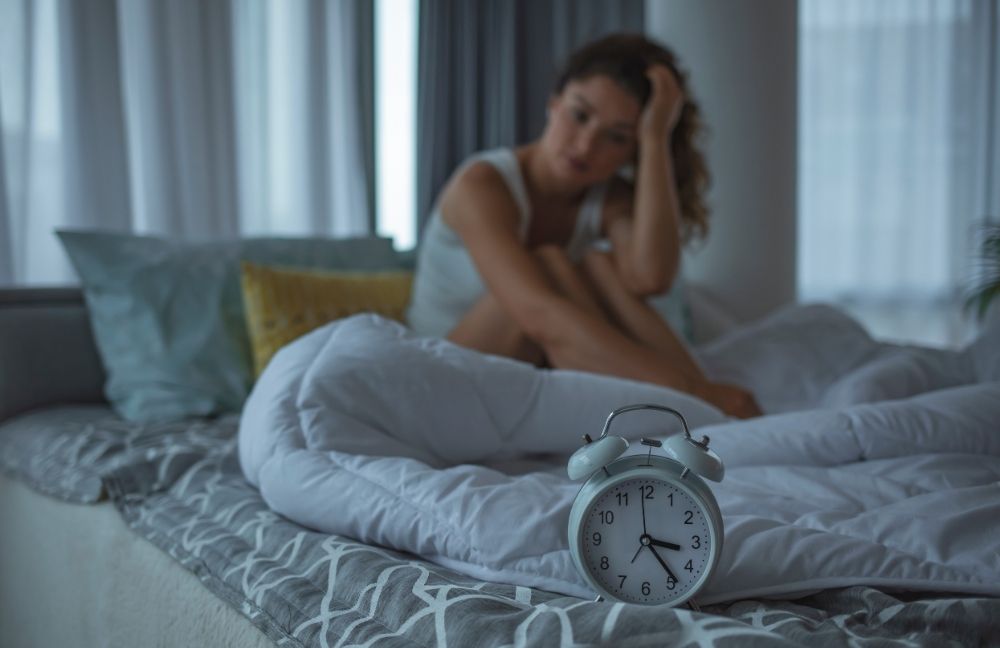
Is it true that sleep apnoea causes memory loss?
Recent research has started to uncover the link between snoring, sleep apnoea and cognitive function. It turns out that untreated sleep apnoea causes more than just loud nights and tired mornings – it could be affecting your memory, attention span and overall brain health.
Have you ever walked into a room and forgotten why you’re there? Or struggled to concentrate at work after a night of restless sleep? We’ve all been there – but if it’s happening regularly, your snoring might be doing more harm than you realise.
How sleep apnoea causes impaired memory
Sleep apnoea is a serious sleep disorder that causes you to stop breathing for short periods during the night. These breathing pauses can happen dozens or even hundreds of times whilst you sleep. The most common type is Obstructive Sleep Apnoea (OSA), where the airway becomes partially or fully blocked.
When your breathing repeatedly stops, your brain is jolted awake to kickstart it again. This constant sleep disruption means your body never fully reaches the deep, restorative stages of sleep and, over time, that lack of quality rest adds up.
More and more studies suggest that sleep apnoea causes impaired memory and reduced attention span. People with untreated OSA often report symptoms of cognitive impairment, which could lead to dementia, including forgetfulness, mood changes and difficulty focusing.
Why does poor sleep impact cognitive function?
Sleep is essential for more than just energy. It’s when your brain processes memories, removes waste and prepares for the day ahead. When that process is constantly interrupted by apnoea episodes, it puts stress on your brain, especially the areas responsible for memory and learning.
Research published in the Sleep Health Journal found that people who reported insufficient sleep were more likely to show signs of cognitive decline. Since sleep apnoea often prevents you from getting restorative rest, untreated OSA may increase this risk.
This is one of the many reasons why it’s so important to understand what’s behind your snoring, especially if you suspect that sleep apnoea causes the breathing problems you’re experiencing at night.
What can you do about it?
The good news? You’re not powerless when it comes to sleep apnoea. Making small lifestyle changes can help, like avoiding alcohol before bed, maintaining a healthy weight and allowing at least 7 hours for sleep. For many people, targeted support is key.
The Snoreeze Oral Device is designed to treat the root cause of mild to moderate OSA. It works by holding the jaw in the right position to keep the airway open during sleep. This not only reduces snoring, but helps you reach the deep sleep stages your brain needs to function at its best. In fact, clinical studies show it can reduce snoring volume by nearly 80%.
To support your journey to better sleep, pair the Oral Device with the free SoundSleep app. The app shows you how well the Oral Device is working, allowing you to track progress and get personalised insights into your sleep health.
Unsure which product is right for you?
If you want to find out if sleep apnoea is the cause of your symptoms – try our quick and easy Product Finder Quiz. It only takes a minute and will guide you to the product best suited to your snoring type.
Better sleep isn’t just about feeling well-rested, it’s about protecting your long-term brain health, too.
Be sure to sign up for our newsletter to keep up to date with our latest products and insights.
